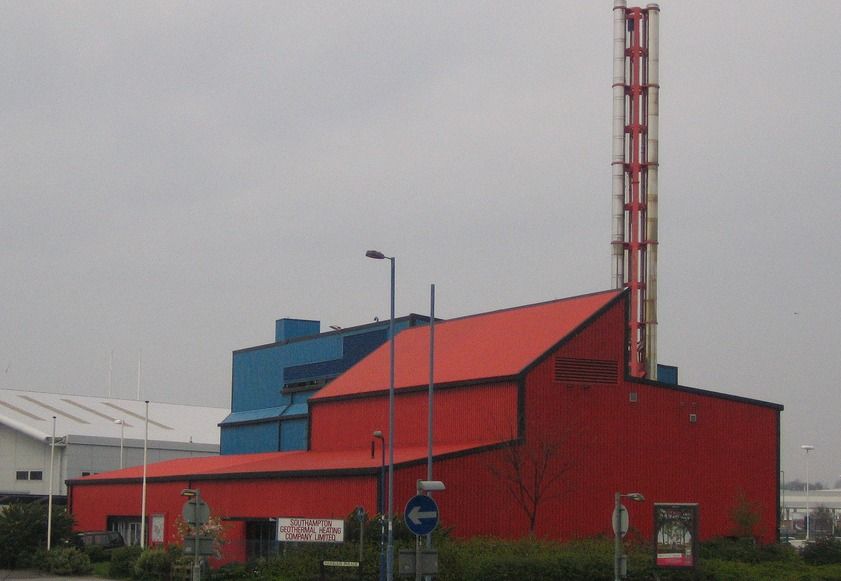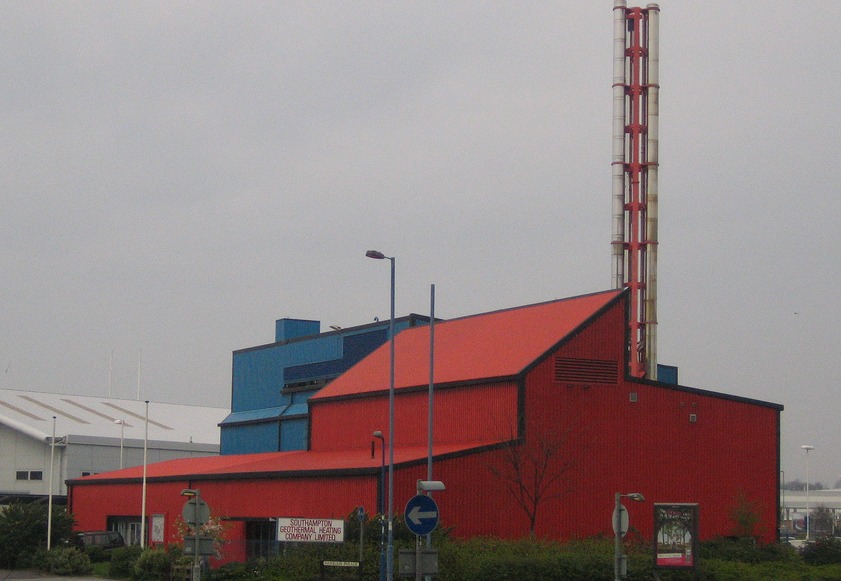Newcastle Engineers search for geothermal heat
Work begins today (23 February) on a £900,000 drilling project, by Newcastle and Durham Universities, in the hope of harnessing geothermal energy from under Newcastle City Centre.

 Engineers in Newcastle are beginning a £900,000 drilling project today (23 February), in a search for geothermal energy.
Engineers in Newcastle are beginning a £900,000 drilling project today (23 February), in a search for geothermal energy.
The project involving experts from Newcastle and Durham Universities will sink a hole, 2,000m (6,562ft) under the city centre in the hope of harnessing the renewable energy from the heat retained in the Earth, and eventually pumping out water at around 80°C (176F).
Professor Paul Younger, Director of Newcastle University’s Institute for Research on Sustainability, and project leader said: “Our aim is to rise to the challenge of putting a novel form of deep geothermal energy at the very heart of city centre regeneration.”
“It’s an incredibly exciting project. If we’re right and we pump up water at such elevated temperatures, it would mean a fully renewable energy supply for a large part of the city centre, massively reducing our reliance on fossil fuels and reinforcing Newcastle’s position as the UK’s most sustainable city.”
The project is similar to one running in Southampton, where a hole over 1,600m deep allows access to water 76°C, which provides electrical power, central heating and air conditioning for local residents and businesses, including West Quay shopping centre, the De Vere hotel and Southampton University.
It is the second time the Newcastle team has explored the region for geothermal energy. Last year they pumped up water at a temperature of 40°C from a 1,000m twin-borehole at Eastgate, in Weardale, County Durham.
The new project, funded by the Newcastle Science City Partnership and the Department for Energy and Climate Change and taking place on the planned Science Central site, is expected to last six months, and pump the first hot water in June.
The resulting heat could eventually be used to supply not only Science Central but also part of the city centre. Managers from the Eldon Square Shopping Centre, which houses over 140 retail outlets, have shown interest in the project.
Phil Steele, General Manager of Eldon Square, said: "We spend approximately £1.7 million per annum on energy and at present this demand is all met from fossil-fuel sources. We can now look forward optimistically to using deep geothermal energy to supply part or all of our future energy needs and we look forward to working with Newcastle University to develop this major scientific enterprise for the city."
If this project is successful, similar projects across the country where similar deep fault lines exist, such as Carlisle and the Craven Faults in West Yorkshire and Lancashire, could follow.




